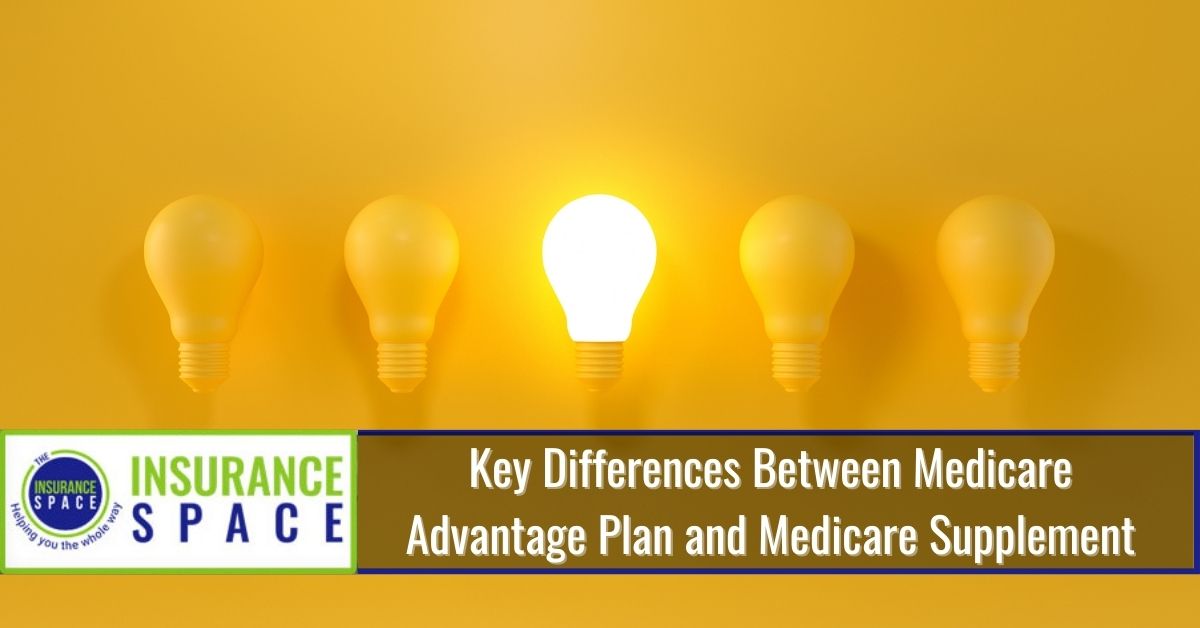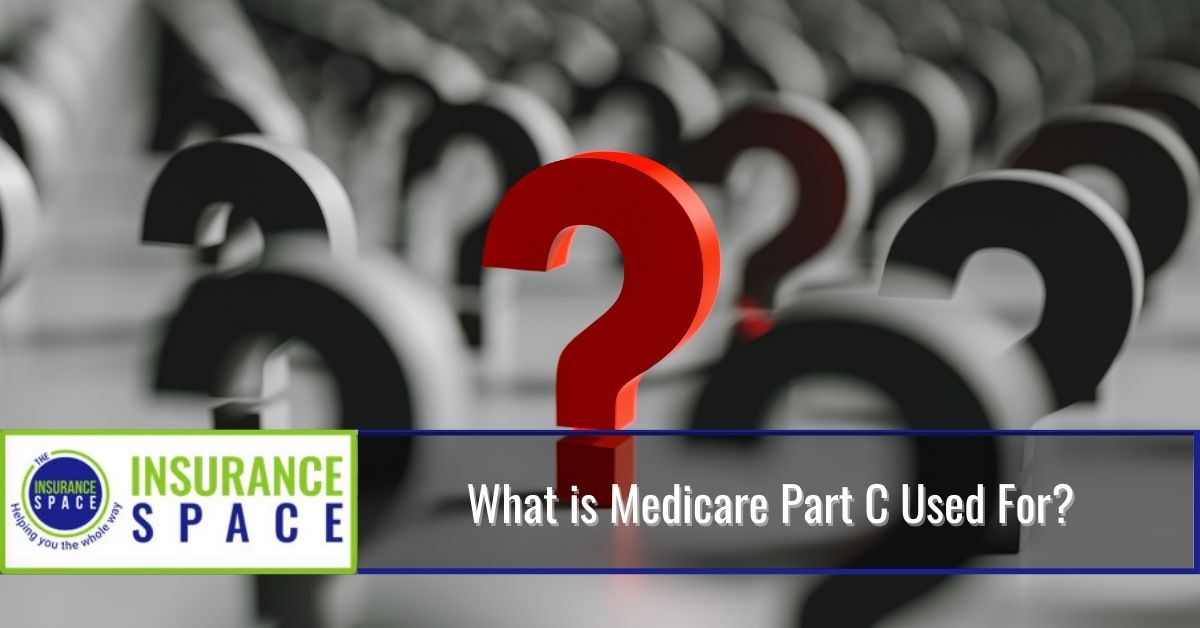|
Finding the right Medicare coverage can be complicated and confusing. With so many plans, providers, and options to choose from, many people feel overwhelmed when trying to navigate the system on their own. That's why working with a Medicare broker is so valuable.
0 Comments
Finding a trustworthy, knowledgeable Medicare insurance agent is key to navigating your options and choosing the right coverage. This guide covers why working with an agent is beneficial, what to look for when vetting agents, tips for meeting with agents, and how to maintain the relationship over time.
Over 26 million people are enrolled in Medicare Advantage Plans as an alternative to Original Medicare. These private insurance plans approved by Medicare offer attractive benefits like $0 premiums and built-in prescription drug coverage. But are the plans right for you? Here’s an in-depth look at the pros and cons of Medicare Advantage.
The Key Differences Between Medicare Advantage Plan and Medicare Supplement or Medigap Plan G11/17/2023 Deciding between Medicare Advantage and Medigap as your supplemental insurance coverage can be confusing. While both provide additional coverage beyond Original Medicare, there are some significant differences to understand. This comprehensive guide examines how Medicare Advantage and Medigap Plan G work, compares their costs and extra benefits, and outlines key factors to help you determine the best option.
When enrolling in Medicare, one of the biggest decisions you'll need to make is whether to get a Medicare Supplement (Medigap) Plan or a Medicare Advantage Plan. Your Medicare costs, including premiums and out-of-pocket expenses, can vary significantly depending on which type of plan you select.
When exploring your Medicare Advantage options, you'll need to decide between HMO and PPO plans. While both offer comprehensive medical and prescription drug coverage, there are some clear differences to weigh. This overview examines how Medicare HMO vs. PPO plan benefits, provider networks, and costs compare.
What is the most significant distinction between original fee-for-service Medicare and Medicare Advantage Plans? While both provide comprehensive hospital and medical benefits, the biggest contrast is the flexibility to choose providers.
Medicare Part C, also known as Medicare Advantage, provides an alternate way for Medicare beneficiaries to receive their Medicare coverage through private health plans. Part C has become an extremely popular option, with over 28 million enrollees as of 2023.
Over the past decade, Medicare Advantage Plan advertisements, mailers, and sales calls have skyrocketed. Private insurers are marketing their Medicare Advantage products more aggressively than ever. But why exactly are these plans being pushed so hard to seniors?
Medicare is continuing to evolve in 2023 with updates to costs, coverage, and enrollment periods. If you currently have Medicare or will become eligible in the coming year, it's important to understand these changes. This will help you make the most of your Medicare benefits.
|
Contact Us(866) 717-8683 Archives
December 2023
Categories
All
|
Navigation |
Connect With UsShare This Page |
Contact Us |
Location |
|
Plans are insured or covered by Medicare Advantage (HMO, PPO, and PFFS) organization with a Medicare contract and/or a Medicare-approved Part D sponsor. Enrollment in the plan depends on the plan’s contract renewal with Medicare. We do not offer every plan in your area. Please contact medicare.gov or 1-800-Medicare to get information on all your options.
|
Website by InsuranceSplash











 RSS Feed
RSS Feed